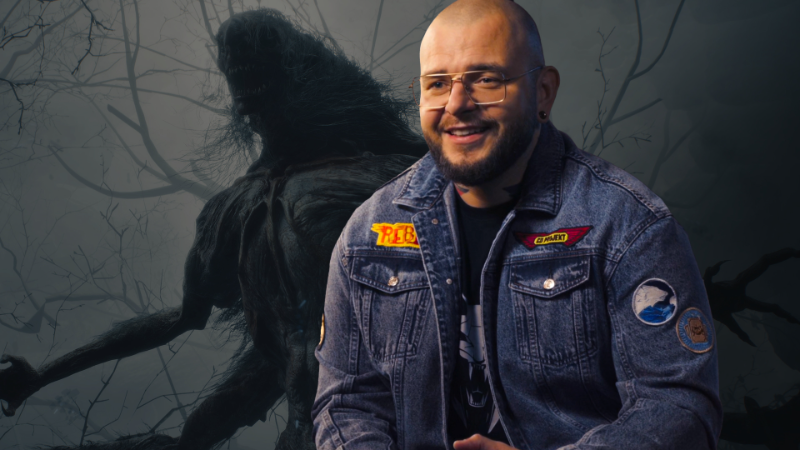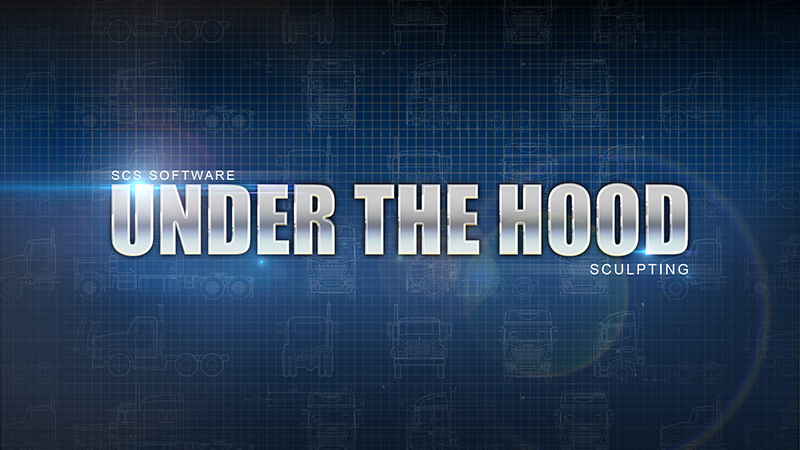
Happy anniversary, Quake! 20 years ago, you brought 3D gaming and online deathmatch to the masses and built on Doom’s modding legacy. PC gaming would never be the same, though we didn’t quite know what ramifications Quake would have at the time. Two decades ago, it was just the next hotly anticipated game from the masters of Doom. To relive those simpler times, we’ve pulled together some old articles about Quake’s development, written between 1995 and 1997.
Below we’ve embedded a few magazine articles pulled from the archives of PC Gamer US and UK. The first offers a glimpse at Quake before it was truly Quake—a behind-the-scenes cover story that spends a little time talking about Quake’s medieval setting and its total lack of a story. Says id’s Jay Wilbur, story is “the last thing we do during the development process.” More time is spent going ga-ga over John Carmack’s new 3D engine and talking about network play and modding.
The second is a similar on-location feature from just days before Quake launched, written by former editor-in-chief Gary Whitta. We didn’t have this issue on-hand for a scan, but some archivists took it upon themselves to put this article online themselves.
The last article is actually about Quake 2, but it’s still a great read on the anniversary of Quake’s release. It touches on the disappointment of Quake’s singleplayer, and has some juicy quotes from Carmack about Romero’s departure from id to form Ion Storm in the wake of Quake. Said the young Carmack:
“Quake was a really hard time for id Software as a company. It was such a design abortion: we went through a lot of different bad designs and directions. Really quite early on in Quake’s development, I came to the decision to place everything in Romero’s hands because I wanted one point of responsibility there. It’s okay for someone who’s a millionaire not to work if he doesn’t want to, but it’s not okay for the rest of the people in the company to have someone like that there. We had used him specifically as a figurehead for the press, and that all worked out well, but, you know, it does get to a point where it’s a case of believing your own press.”
Ouch, John.


